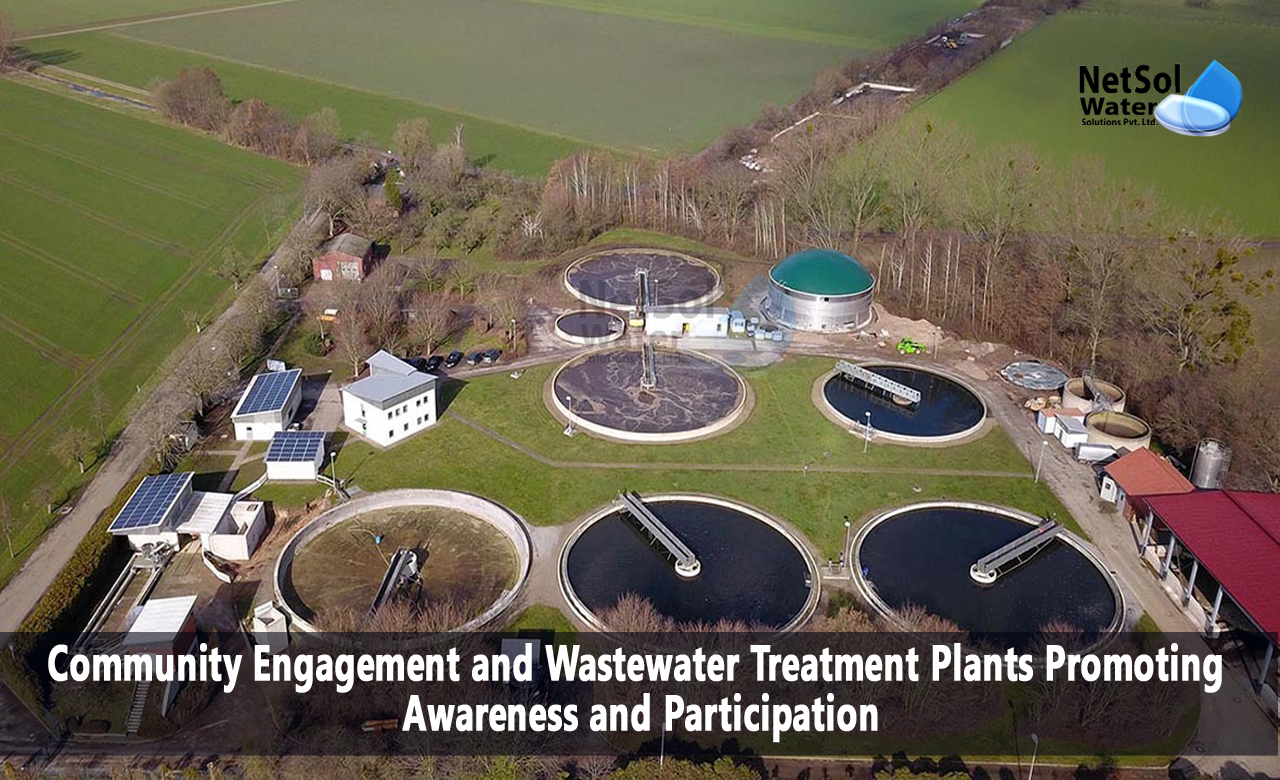Wastewater Treatment Plants: Promoting Awareness and Participation
Wastewater treatment plants are vital infrastructure that ensures the safe disposal and treatment of wastewater, protecting the environment and public health. However, their effectiveness is not solely dependent on the technology and processes employed. Community engagement plays a crucial role in fostering a sense of ownership, promoting awareness, and encouraging active participation in wastewater management.
In this blog post, we will explore the significance of community engagement in wastewater treatment plants and how it can lead to improved outcomes and sustainable water management practices.
-
Raising Awareness and Education
One of the primary goals of community engagement is to raise awareness about the importance of wastewater treatment and its impact on the environment and public health. By organizing public outreach programs, workshops, and educational campaigns, wastewater treatment plants can provide the community with valuable information about the processes involved, the significance of water conservation, and the potential consequences of improper wastewater disposal. This knowledge empowers individuals to make informed decisions and encourages responsible water usage practices at the household and community levels.
-
Fostering a Sense of Ownership and Responsibility
When communities are actively engaged in the decision-making processes related to wastewater treatment, they develop a sense of ownership and responsibility. By involving community members in planning, policy development, and project implementation, wastewater treatment plants can create a sense of shared responsibility for maintaining and improving water quality. This sense of ownership fosters a deeper commitment to sustainable water management practices and increases community support for the initiatives undertaken by the treatment plant.
-
Encouraging Community Participation and Feedback
Community engagement provides a platform for community members to actively participate in the improvement of wastewater treatment practices. Wastewater treatment plants can organize regular community meetings, focus groups, and feedback sessions to gather insights, opinions, and suggestions from the community. This feedback can be instrumental in identifying local concerns, addressing specific needs, and implementing changes that align with the community's expectations. By involving the community in the decision-making process, wastewater treatment plants can ensure that their initiatives are responsive and reflective of the community's values and preferences.
-
Promoting Water Conservation and Sustainable Practices
Community engagement efforts can focus on promoting water conservation and sustainable practices within the community. Wastewater treatment plants can collaborate with local organizations, schools, and community groups to develop educational programs and initiatives that encourage responsible water use, such as rainwater harvesting, water-efficient landscaping, and the use of recycled water for non-potable purposes. By actively involving the community in these efforts, wastewater treatment plants can create a culture of sustainability, where every individual understands their role in preserving water resources and reducing the burden on wastewater treatment systems.
-
Building Trust and Enhancing Transparency
Community engagement plays a critical role in building trust between wastewater treatment plants and the communities they serve. Open communication, transparency in decision-making, and active community involvement contribute to greater trust and confidence in the operations of the treatment plant. Regular updates, public consultations, and sharing information about water quality monitoring results help foster transparency and assure community members that their concerns are being addressed. Building trust through community engagement is essential for the long-term success and acceptance of wastewater treatment plants within the community.
Conclusion
Community engagement is a key component of effective wastewater management practices. By promoting awareness, fostering a sense of ownership, encouraging participation, and prioritizing transparency, wastewater treatment plants can build strong partnerships with the community. This collaboration leads to improved outcomes in terms of water quality, sustainable water management practices, and the overall well-being of the community. Through community engagement, we can create a future where wastewater treatment plants are not just functional entities, but active contributors to the social, environmental, and economic development of the communities they serve.
For any other support, inquiries, or product purchases, call on +91-9650608473 or email at enquiry@netsolwater.com



